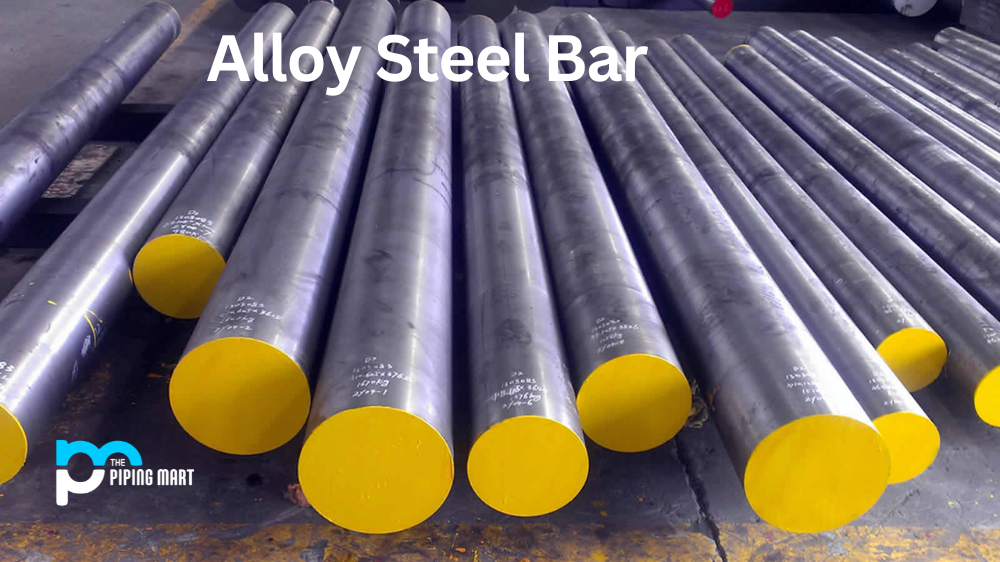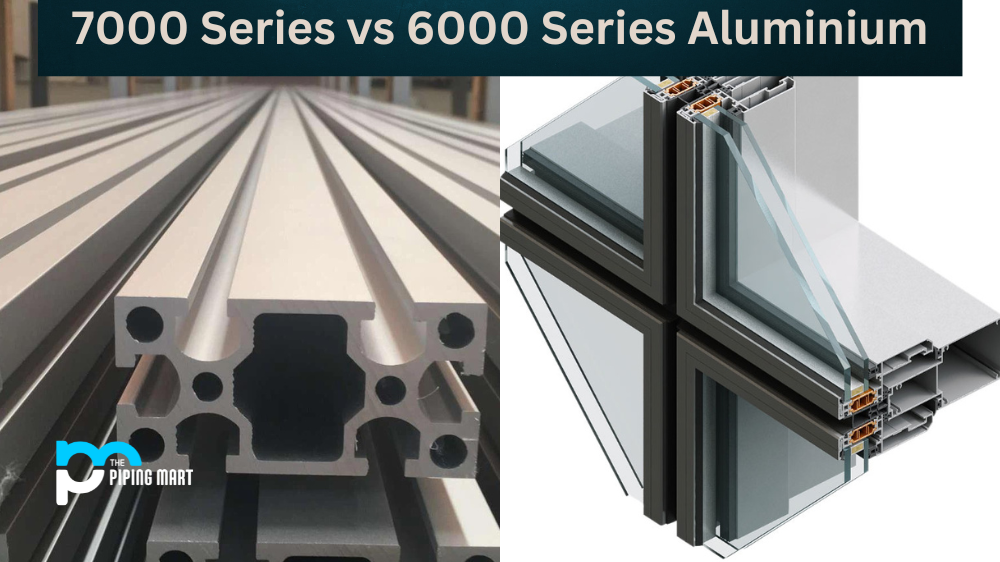In the manufacturing industry, materials used in production play a significant role in the quality and durability of the final product. In steel bars, alloy steel has become a preferred choice for many manufacturers due to its exceptional properties. Alloy steel bars offer several benefits compared to other materials used in manufacturing, making them a smart investment for any manufacturer looking to deliver high-quality, long-lasting products. This blog post will explore the advantages of using alloy steel bars in manufacturing.
What is an Alloy Steel Bar?
Alloy steel bars are a type of steel created by combining elements such as carbon, manganese, chromium, and molybdenum. This unique composition gives alloy steel bars enhanced properties compared to traditional steel, making them highly versatile and widely used in various industries.
One of the major advantages of alloy steel bars is their exceptional strength. Combining different elements creates a stronger material than standard carbon steels, allowing for increased load-bearing capacity and resistance to wear and tear. This makes them ideal for use in structural applications where durability is key.
Additionally, alloy steel bars have excellent corrosion resistance due to the presence of chromium and other corrosion-resistant elements. This makes them suitable for use in harsh environments where exposure to moisture or chemicals may cause traditional steels to degrade or rust.
Advantages of Using Alloy Steel Bars in Manufacturing
Strength and Durability:
One of the most significant manufacturing advantages of alloy steel bars is their strength and durability. These bars are made by combining elements such as nickel, manganese, and chromium, which help to strengthen the steel’s overall quality. They are highly resistant to wear and tear, corrosion, and bending, making them ideal for use in various manufacturing industries such as construction, engineering, automotive, and transit.
Flexibility:
Another benefit of using alloy steel bars in manufacturing is their flexibility. These bars can be easily shaped and molded into any shape or size to suit different applications. They can be cut, bent, and welded, which makes them an excellent choice for creating customized designs that meet specific manufacturing requirements.
High-Temperature Resistance:
Alloy steel bars can also withstand high temperatures, making them useful in high-temperature applications. They retain their strength and durability even when exposed to extreme temperatures, such as those experienced in the aerospace and energy sectors.
Cost-Effective:
While the initial cost of alloy steel bars may be slightly higher than other materials, their long-term durability and low maintenance costs make them a cost-effective option in the long run. They require minimal maintenance and repairs, providing manufacturers with a reliable and consistent source of materials.
Availability:
Finally, alloy steel bars are readily available from reputable manufacturers. With the increasing demand for this material, the supply chain has expanded to ensure manufacturers can quickly access high-quality alloy steel bars. This makes sourcing the materials needed to start and maintain product production easier.
Conclusion:
In conclusion, using alloy steel bars in manufacturing offers several advantages over other materials. Their strength, flexibility, high-temperature resistance, cost-effectiveness, and availability make them a preferred choice for many manufacturers. Whether you are in the construction, engineering, or automotive industry, alloy steel bars are a smart investment that can help you deliver high-quality, long-lasting products. Choose alloy steel bars today and experience the benefits for yourself.

Meet Bhavesh, a seasoned blogger with a wealth of knowledge and experience. From metal products manufacturing to retail, Bhavesh has a diverse background in various industries and is dedicated to sharing his insights and expertise with readers.




